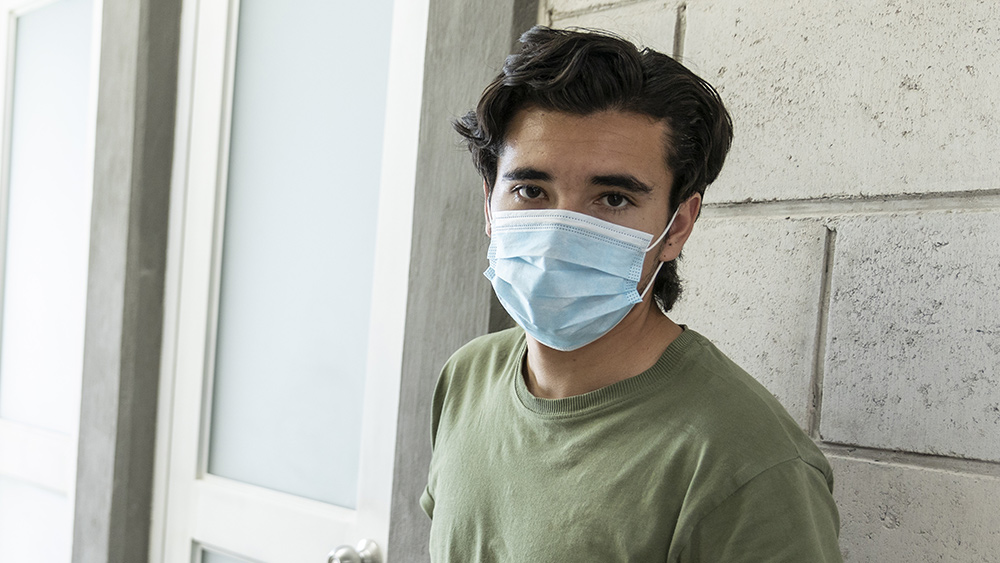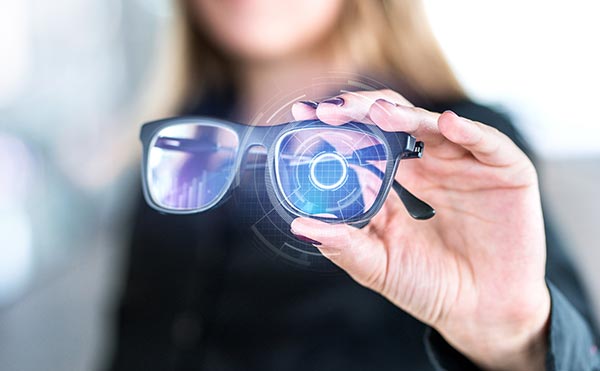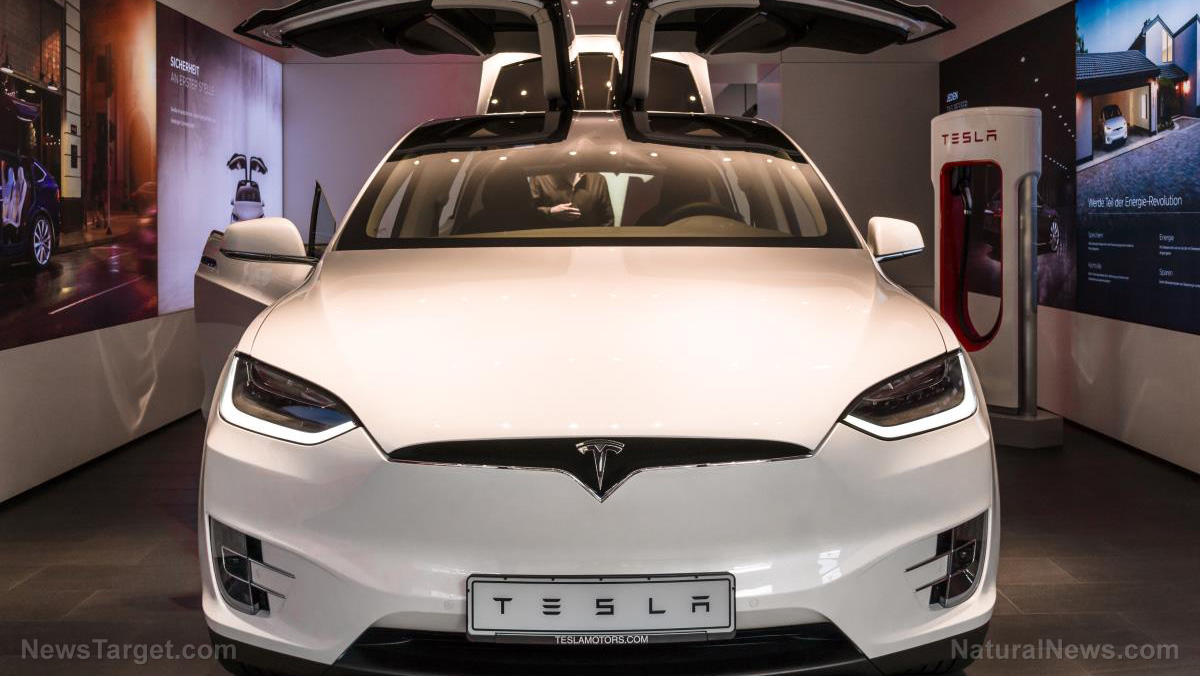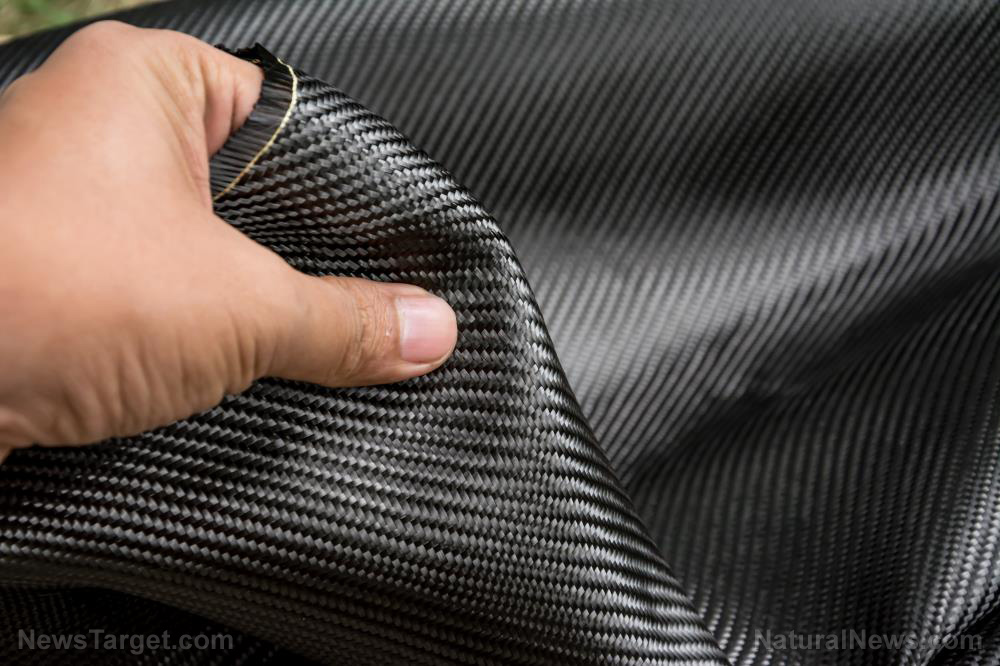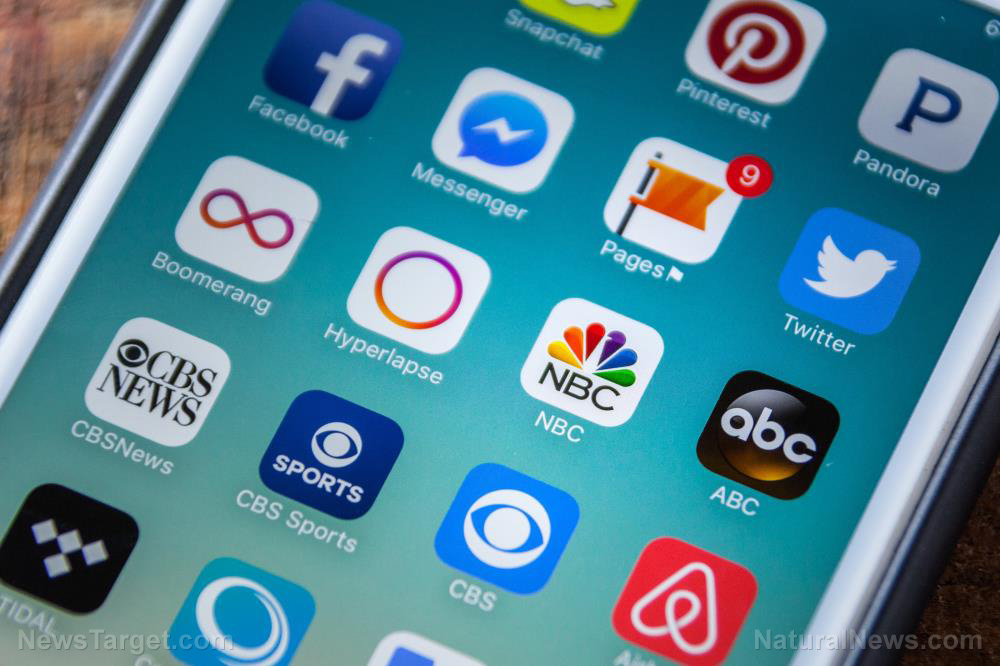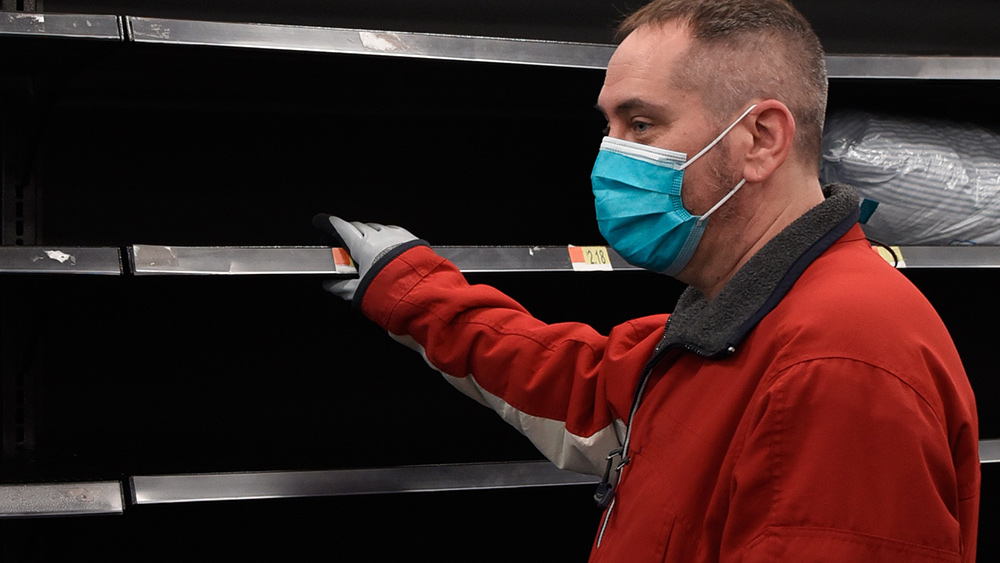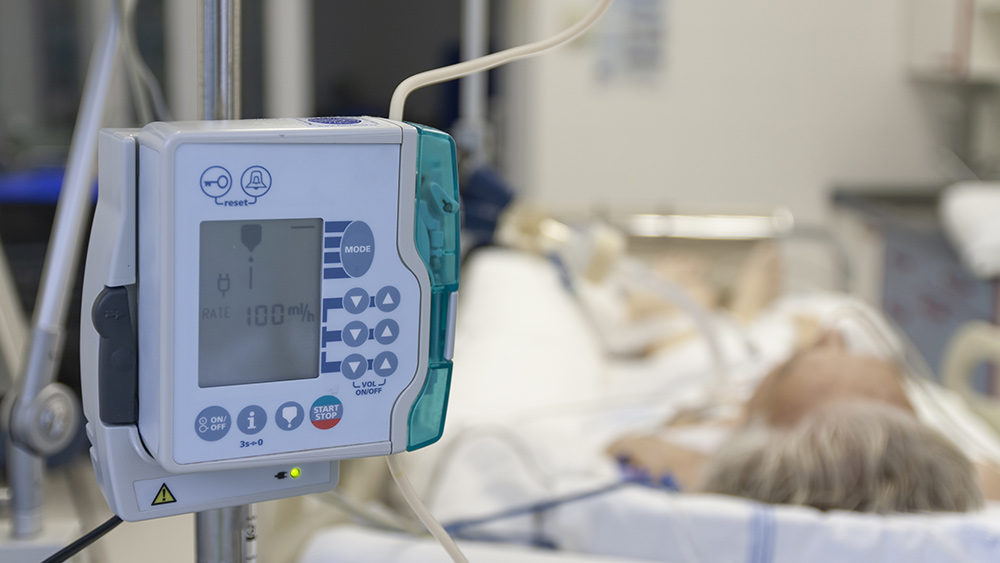Chinese carmakers unveil “antivirus” cars — experts voice doubts, concern
05/14/2020 / By Michael Alexander
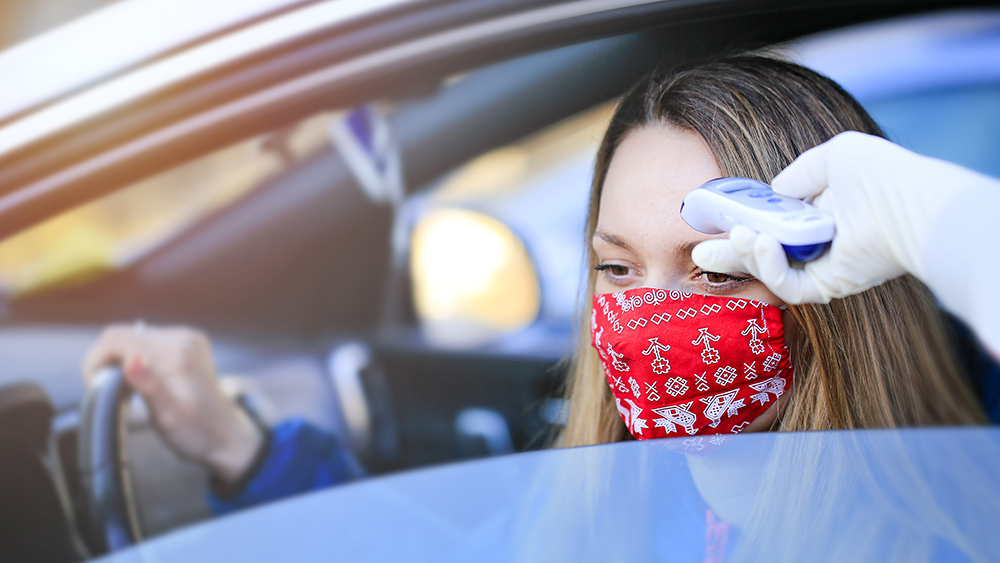
As a response to the global onslaught of the COVID-19 pandemic, several leading automobile manufacturers in China have started developing cars that may be able to keep harmful pathogens — including the coronavirus — out.
Chinese automobile giant Geely — the same company that produces London’s ubiquitous black cabs — is among the first to develop such cars, which will be produced under the company’s 370 million RMB ($52 million USD) “Healthy Car Project.”
According to Geely, car models produced under this new initiative will come equipped with a special air filtration system called the G-Clean Intelligent Air Purification System (IAPS). This filtration system, Geely claimed in a statement, will provide the same degree of particle and aerosol screening as medical-grade face masks.
“Consumers spend a considerable amount of time in their cars, akin to a ‘second home.’ Only by making healthier products can we meet consumer demand for a better quality of life,” An Conghui, President of Geely Holding Group and President and CEO of Geely Auto Group said of their company’s new initiative.
“Epidemic prevention is a job that requires the long-term effort of wider society,” An said.
In a statement, Geely said that developing features to protect the health of drivers and passengers will become one of its “key long-term development objectives.” Their research and development teams are all set to collaborate with medical professionals in order to develop “new environmentally sustainable materials with antibacterial and antiviral properties.” These materials, Geely said, can be used within air-conditioner systems and on frequently touched surfaces such as buttons and handles. (RELATED: Norwegian scientists are working on modifying electric cars so that blind pedestrians can hear them approaching.)
In addition, Geely will also start implementing a “contactless” new delivery system. According to the automobile giant, it will start using drones to pass keys to new customers, directly to their door or balcony in order to further limit their customers’ interaction with staff and vice versa.
Other car manufacturers in China have also started developing antiviral design features for their respective car models.
For instance, Shanghai Automotive Industry Corp (SAIC), which owns the iconic British motoring brand MG, has added an optional ultraviolet lamp to its car air conditioning system. The UV lamp, according to SAIC, can help filter and block viruses and bacteria from reaching drivers and passengers by purifying and sterilizing the air in an enclosed car in minutes.
Another feature SAIC is planning to launch is a DUV sterilization box developed by Chinese manufacturer Yanfeng. This DUV box can be installed on the roof inside a vehicle in order to sterilize and disinfect the car’s interiors.
Despite noting that the device is “safe to use,” SAIC said that the device should only be used when the cockpit is unoccupied to prevent UV rays from harming its passengers.
Rival carmaker Guangzhou Automobile is offering a new three-level air filter system on many of its new models, which they claim can help protect against viruses and bacteria.
Despite the promising technologies being developed by car manufacturers, several experts have called them “gimmicky,” noting that the features being touted by manufacturers as safe and effective have not been proven as of press time.
“Companies are trying to take advantage of fears of COVID-19 to sell products and services to consumers and to be able to charge a premium,” Shaun Rein, the Managing Director of the China Market Research Group said in an interview with the BBC.
“I’m no doctor or scientist, but I’d warn consumers to be cautious of any company saying their products reduce virus transmissions, especially COVID-19 ones,” Rein added.
Aman Madhok, a senior automotive analyst at Counterpoint Research in Gurgaon, India, noted that while the filters may work when it comes to sterilizing air coming in from the outside, it may still leave the passengers vulnerable, should an infected individual enter the car.
“While COVID-19 air purification systems may stop the virus entering a car, it might not protect the driver from passengers inside the car, or should the windows or doors be opened,” Madhok said.
The Chinese car companies’ recent announcements regarding their cars’ antiviral features came a few months after car sales in the country dropped by 96 percent in the first week of February — the largest decline in the past 20 years.
According to a report by the BBC, car sales for the first week of February amounted to a daily average of just 811 vehicles.
As of press time, China has 82,885 confirmed COVID-19 infections and 4,633 deaths.
Sources include:
Tagged Under: air filters, antiviral, antiviral cars, cars, China, coronavirus, covid-19, economy, future tech, gimmicks, goodtech, infections, innovation, inventions, outbreak, pandemic, transportation, virus
RECENT NEWS & ARTICLES
COPYRIGHT © 2017 FUTURETECH.NEWS
All content posted on this site is protected under Free Speech. FutureTech.news is not responsible for content written by contributing authors. The information on this site is provided for educational and entertainment purposes only. It is not intended as a substitute for professional advice of any kind. FutureTech.news assumes no responsibility for the use or misuse of this material. All trademarks, registered trademarks and service marks mentioned on this site are the property of their respective owners.






